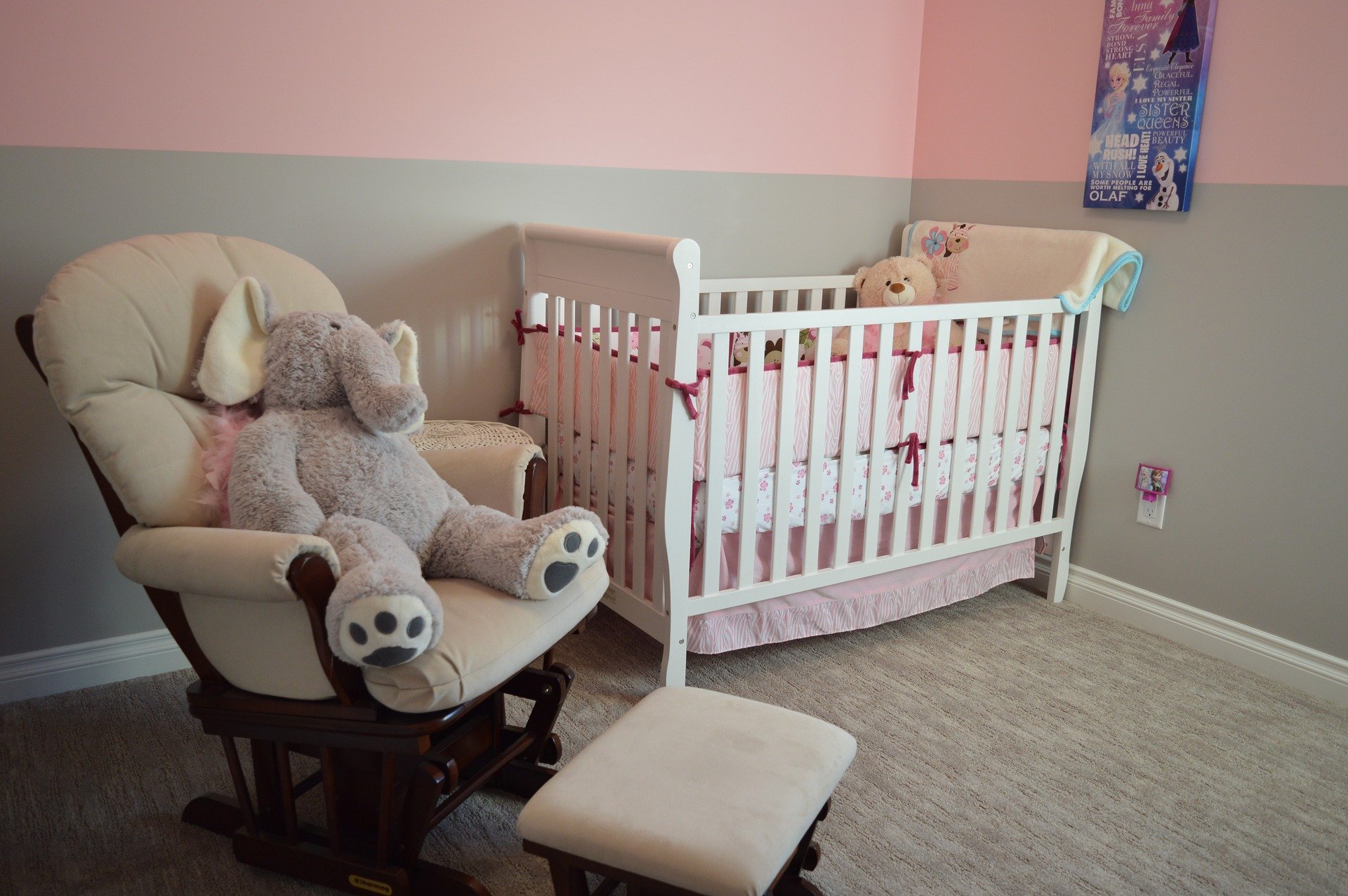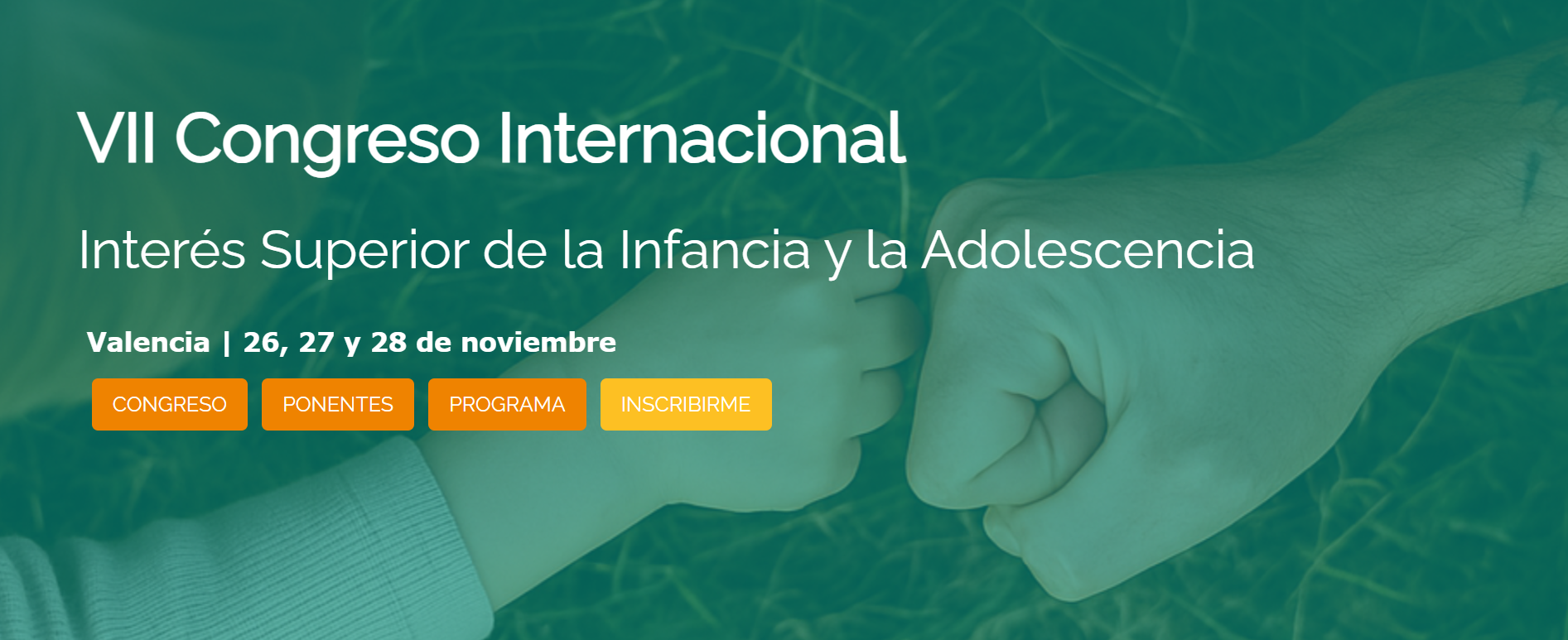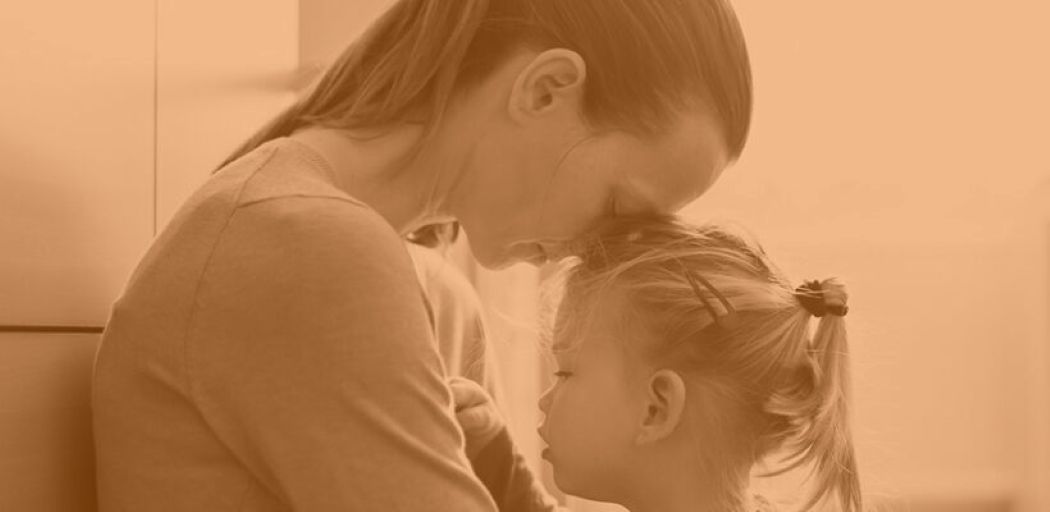Invisible children: The rights of children living in institutions
On 29 November 2021 Eurochild spoke at an online Greek conference co-organised by the Foster parents and Volunteers Network Right to the Family and the Development Company O.M.A.TH. S.A.E./O.T.A.
The event launched the project The rights of children living in institutions / Invisible children which brought together representatives from national and regional governments, juvenile courts, local stakeholders, UNICEF and civil society organisations to promote and develop family-based care for children in out-of-home care and to move away from institutional care in the region of Thessaloniki.
Over the years Eurochild has advocated for ending institutional care and reforming child protection systems. Eurochild thematic Coordinator Zuzana Konradova underlined how despite policy commitments by the European Union and Member States, there’s a lack of relevant indicators to measure progress and reporting obligation at international level.
Eurochild is monitoring and influencing a multitude of EU initiatives and funding opportunities: the Multiannual Financial Framework, the Recovery Plans, the European Child Guarantee Initiative, the EU Strategy on the Rights of the Child and the European Strategy for the Rights of People with Disabilities. These frameworks can improve children and family well-being, but they need to be translated in effective measures on national level.
Over the past 10 years, Eurochild has chaired and contributed to the Expert Group on the Transition from Institutional to Community-based care, and with the support of Martin James Foundation, we gave technical assistance in the field of deinstitutionalisation to our members in Croatia, Greece, Poland and Turkey.
In 2008 Eurochild established a thematic working group on children in alternative care and today we work with more than 50 organisations across 25 countries. We have also developed a specific capacity building offer and engaged an active community of child rights defenders across 25 countries. We assess emerging needs and priorities of NGOs, and organise capacity building webinars covering a variety of topics, from advocacy responses to COVID-19, to strategies to prevent family separation.
Click here if you want to know more about our work in this area





